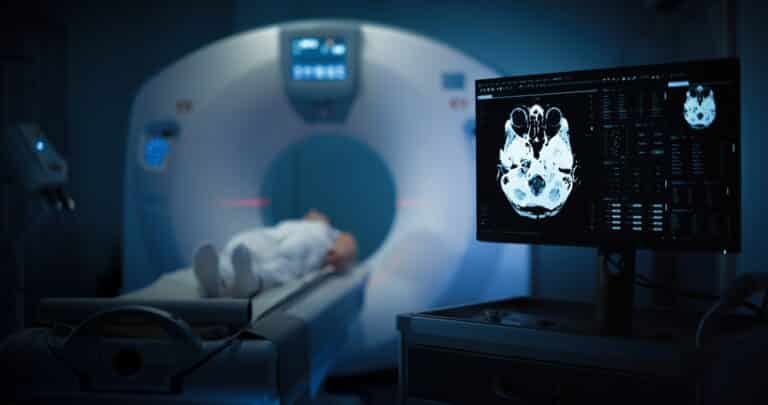Scientists Found a Way to Kill the Deadliest Brain Cancer That Has No Cure
Brain cancer does not play fair. Among its worst forms, one stands out for its speed, its resistance to treatment, and its ability to rob patients of time. For decades, doctors have had almost nothing new to offer. Surgery, radiation, and a chemotherapy drug that adds only a few extra months have been the standard…






















